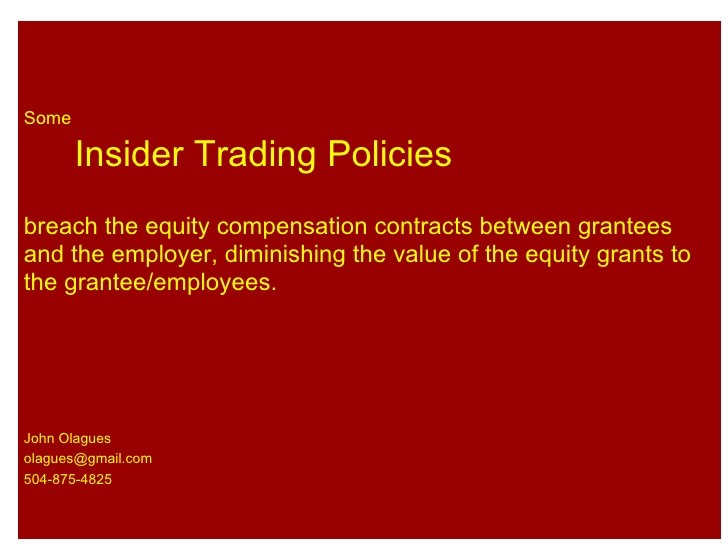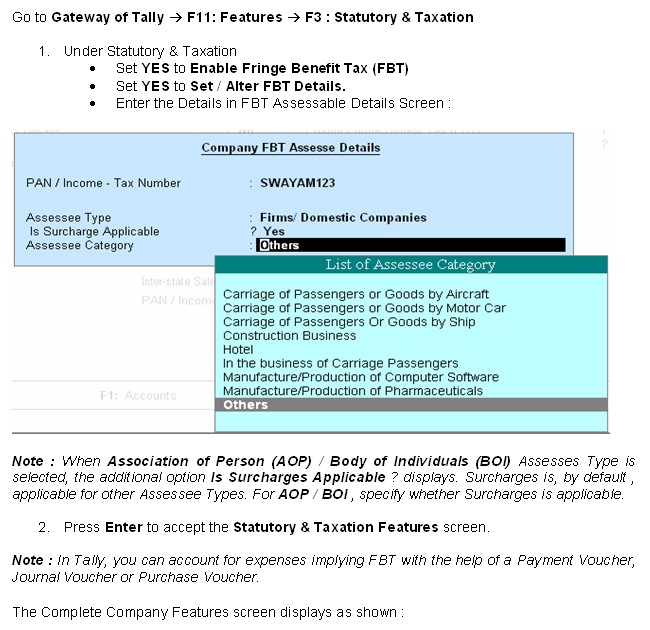Withholding on Stock Compensation
Post on: 6 Апрель, 2015 No Comment

How to deal with withholding when you exercise an option or receive stock as compensation.
Withholding is required for certain forms of equity compensation provided to employees. When the compensation takes the form of stock, special arrangements are necessary to satisfy the withholding requirement.
Employees only
Most types of equity compensation may be received by non-employees (such as directors or consultants) as well as employees. Withholding is required only for employees (and, in some cases, former employees). Note that if you aren’t an employee you’ll generally have to pay self-employment tax on any amount that’s treated as compensation for services.
When withholding is required
In general, withholding is required in situations where an employee is required to report compensation income:
- Withholding is required when you receive a grant of vested stock (or make the section 83b election for unvested stock).
- Withholding is required when your previously unvested stock vests (assuming you didn’t make the section 83b election).
- Withholding is required when you exercise a nonqualified stock option.

There’s an exception to this general rule. If you make a disqualifying disposition of stock acquired by exercising an incentive stock option, or you have to report compensation income from disposition of stock you acquired under an employee stock purchase plan, the IRS does not require withholding.
How to meet the requirement
The special problem in withholding on compensation paid in stock is that you aren’t receiving any cash. Naturally the IRS insists that the withholding be provided in cash. How can you provide cash withholding when you didn’t receive any cash?
Some companies help with this problem by providing some form of cash compensation that goes along with the stock compensation. This may take the form of a stock appreciation right or cash bonus plan. Note, however, if the company covers your withholding, the amount they pay for that purpose is additional income to you.
Example: You receive stock valued at $20,000 and the withholding obligation is $6,600. If the company covers this withholding for you, then you have another $6,600 of compensation income (and the company has to withhold on that). The company would have to provide about $10,000 to cover all the bases at this rate of withholding. Among tax pros, this is called grossing up the payment.
Most companies expect you to cover the withholding. That means you have to come up with the cash and pay it to the company, which in turn pays it to the IRS. You may have to withdraw that amount from savings, or perhaps even borrow to cover the payment. It may be possible to use the stock you’re receiving as security for the loan.
One approach is to sell some or all of the stock that was provided as compensation, and use the sale proceeds to meet the withholding requirement. The company providing the compensation may agree to buy back some of the stock, or arrange for it to be sold by a broker, for example. In these cases you need to consider the tax effects of the sale as well as the receipt of the property.
Result of withholding
Regardless of how you satisfy the requirement, the income tax withholding will be a credit on your income tax return, reducing your tax due or increasing your refund. You can’t include the withholding in the basis of the stock you received, even though it was an amount you had to pay to the company when you received it.
You should also be aware that withholding doesn’t necessarily cover your full liability on the stock you received. Withholding is done according to rules that are designed to come reasonably close to the actual tax in most cases, but your actual tax on this income may be higher.














